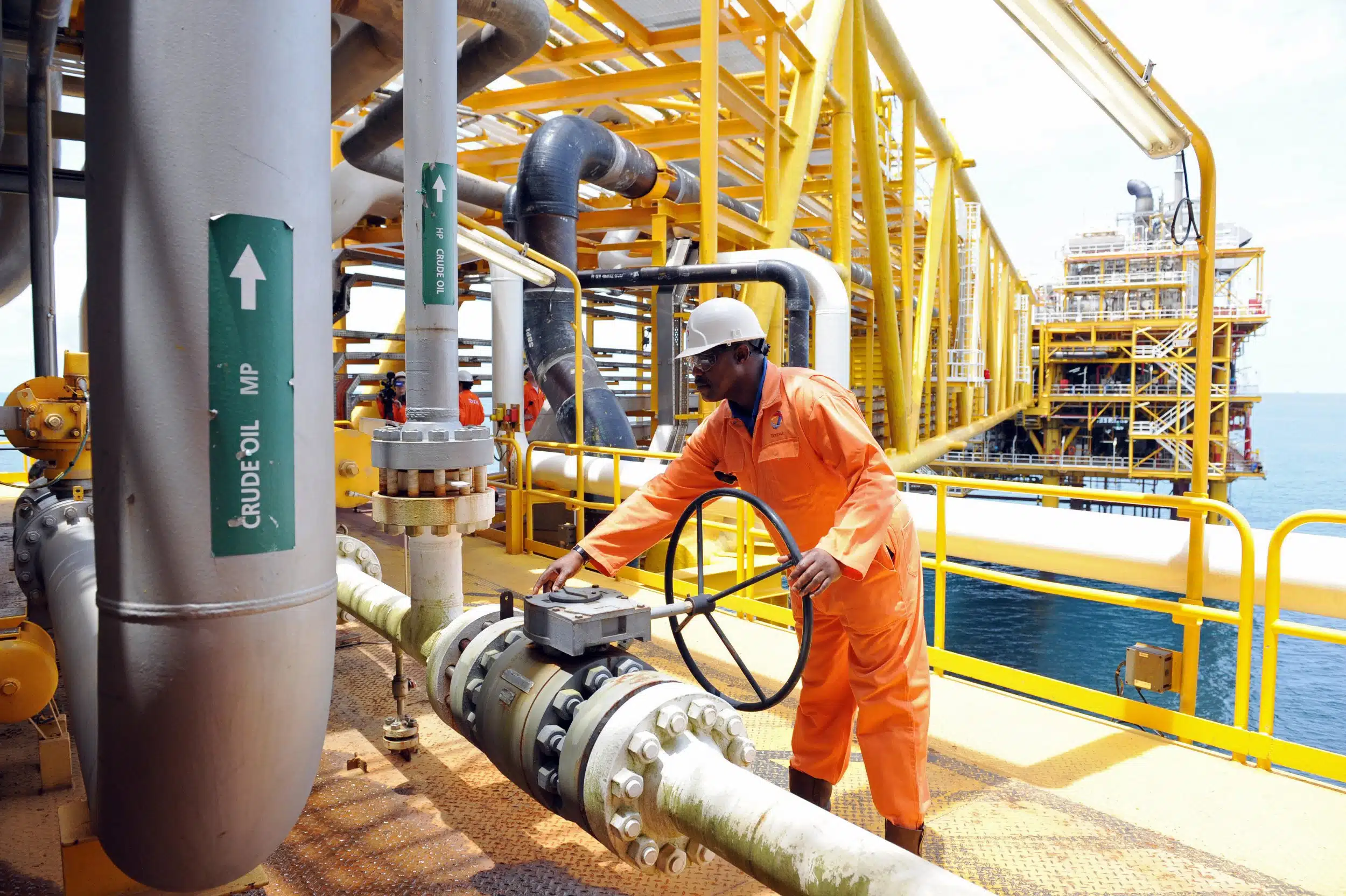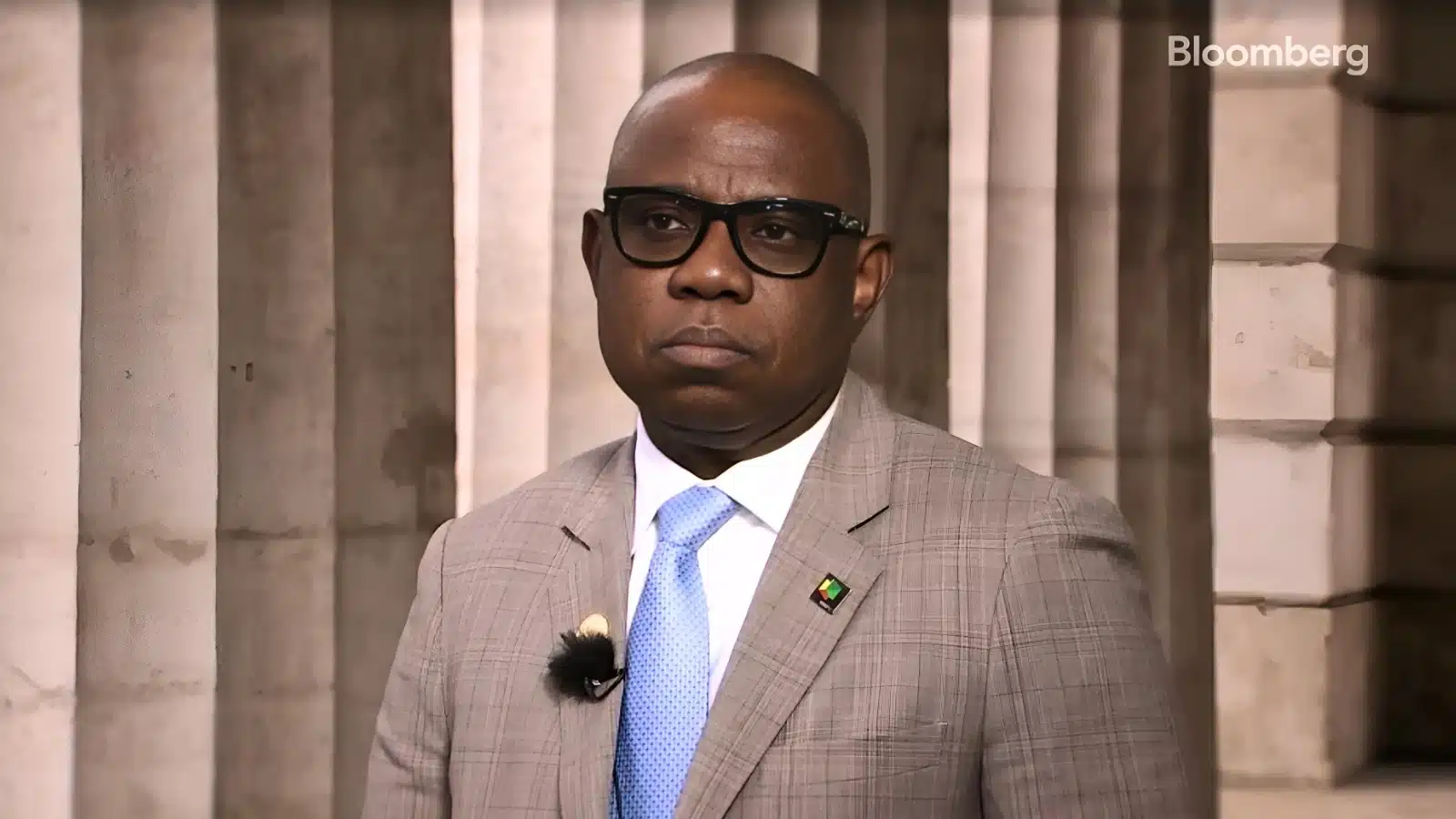Nigeria, Africa’s largest oil producer, has surpassed the 1.5 million barrels per day (bpd) mark in crude oil production, exceeding its Organization of Petroleum Exporting Countries (OPEC) quota for December 2024.
This milestone is based on tanker tracking data compiled by Bloomberg and reported by Energy in Africa.
According to the survey, Nigeria’s output increased by 40,000 bpd to reach 1.51 million bpd, marking a four-year high.
The country, which had struggled with low production levels—peaking at 1.3 million bpd in 2023—ended the year on a high note by exceeding OPEC’s allocation.
However, this increase fell short by 500,000 barrels compared to the 2024 budget projection. This shortfall has pushed Nigeria to rely more heavily on alternative revenue streams, such as taxes and customs duties.
In August last year, OPEC maintained Nigeria’s oil production quota at 1.5 million bpd as part of the organization’s strategy to stabilize global oil prices.
In October, the Nigerian National Petroleum Company (NNPC) announced an unprecedented achievement of 1.8 million bpd. The company attributed this to measures taken to curb oil theft and pipeline vandalism. However, NNPC did not clarify whether this figure referred exclusively to crude oil production or included blended and unblended condensates, which are not sold on the international market.
OPEC’s December output declines
While Nigeria recorded an increase, the overall output of OPEC members dropped significantly in December. The United Arab Emirates (UAE) intentionally cut its output to stabilize global oil prices, according to Bloomberg data.
The UAE reduced its oil exports to an 18-month low. Additionally, state-run oil giant ADNOC announced a reduction in crude oil cargo allocations for some Asian customers in January and February.
In Iran, production dropped by 40,000 bpd to 3.32 million bpd in December, though the country’s output remains near its highest level in six years. This is despite potential challenges posed by the incoming U.S. administration.
Libya, on the other hand, continued its recovery from a recent political crisis, adding 40,000 bpd to reach 1.23 million bpd—the highest level in more than a decade.
Effect on oil prices
Despite efforts by OPEC and other oil-producing nations to cut output and stabilize prices, the global market may face downward pressure due to the policy stance of Donald Trump, the incoming U.S. president.
Trump has pledged to increase drilling and exploration licenses, reversing policies under President Biden that restricted further drilling. An increase in U.S. oil production is likely to drive down global oil prices.
For Nigeria, this could mean lower revenue from crude exports even as production ramps up. The country is targeting a production level of 2.6 million bpd in 2025, aiming to meet both export demands and the needs of its three operational local refineries.








